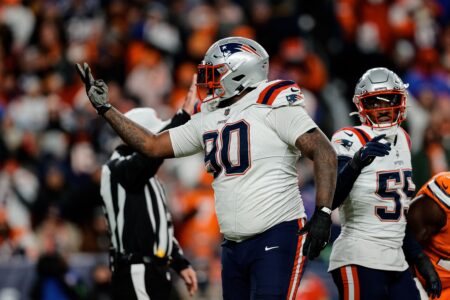It's a good question, what is known about long-term effects. I can say without risk of contradiction that for a virus discovered in December 2019, we know precisely **** about what effects will make themselves known 1 year, 2 years, 5 years, 20 years down the line. The first thing to say is that we can see some effects, but that the big thing we know is that we don't know. We all agree that we'll know more a year down the road.
Is caution or recklessness a better idea with a novel pathogen? We all have answers to that. The "caution" answer has the advantage of being right.
But let's start with what we have seen; the recent study in German patients is naturally all over the place right now. It does demonstrate that those who recover see increased incidence of new serious cardiological illness (the cohort in the study had no heart disease to start with.)
Covid-19 leaves its impact on the heart, raising fears of lasting damage
What Are the Long-Term Effects of COVID-19? - COVID-19, Featured, Health Topics - Hackensack Meridian Health
We should indeed be careful about what is just beginning to be found out. The only kind of information we have on recovered patients is basically preliminary. If you want to replicate results, or you have to set up
that experiment.
The question's the same. It's fair to say, we have the info. we have so far. Not more, not less. We have our faves. Do we like their chances more or less given preliminary and partial proof that lasting health effects are also in the cards?
More:
Lungs:
What Long-Term Effects Could COVID-19 Have on Your Lungs? | Banner
Lifelong Lung Damage: A Serious COVID-19 Complication
Neurological:
What are the neurological complications of COVID-19?
So you get the idea. Each study shows things that you damn well don't want to invite into your life, but that, in any given case, could be explained by something else, yielding an "it was once thought that..." story in retrospect.
In addition, it is a virtual certainty that the alternate reality brigade will be weighing in every step along the way, purposefully making their culture war point that whatever is most likely is nevertheless deniable, and whatever is least likely is not impossible, to the point that they're presently singing the praises a woman who claims medicine is derived from alien DNA, and that the cause of ob/gyn problems is dream sex with demons (is there any other kind?)
I think it's useful to have the right frame: so far, it hasn't been a bad idea to take this virus seriously. When you see early indications of a harm from this virus, the most successful strategies tend to derive from not spreading the virus. We even fight about whether it's a good or a bad thing to infect each other though. So I know people are not making sense about this. Apparently there was a post here that didn't make much sense, but it appears to have gone away by the time I signed on.
The winning strategy in the question of whether it is good or bad to be cautious depends on the downside. For example, if NFL players are likely to starve to death by missing a season, it's a no brainer that they should play. If, on the other hand, they have the means to afford a humble hovel and cheap pasta meals for them and their families until a vaccine is available, it becomes a better strategy to be cautious about the risk. If some of them have actually banked, say, a few hundred K, for them I think that until there's a cure, playing anyway makes little sense. But we'll see what they choose, if there is a season.

















